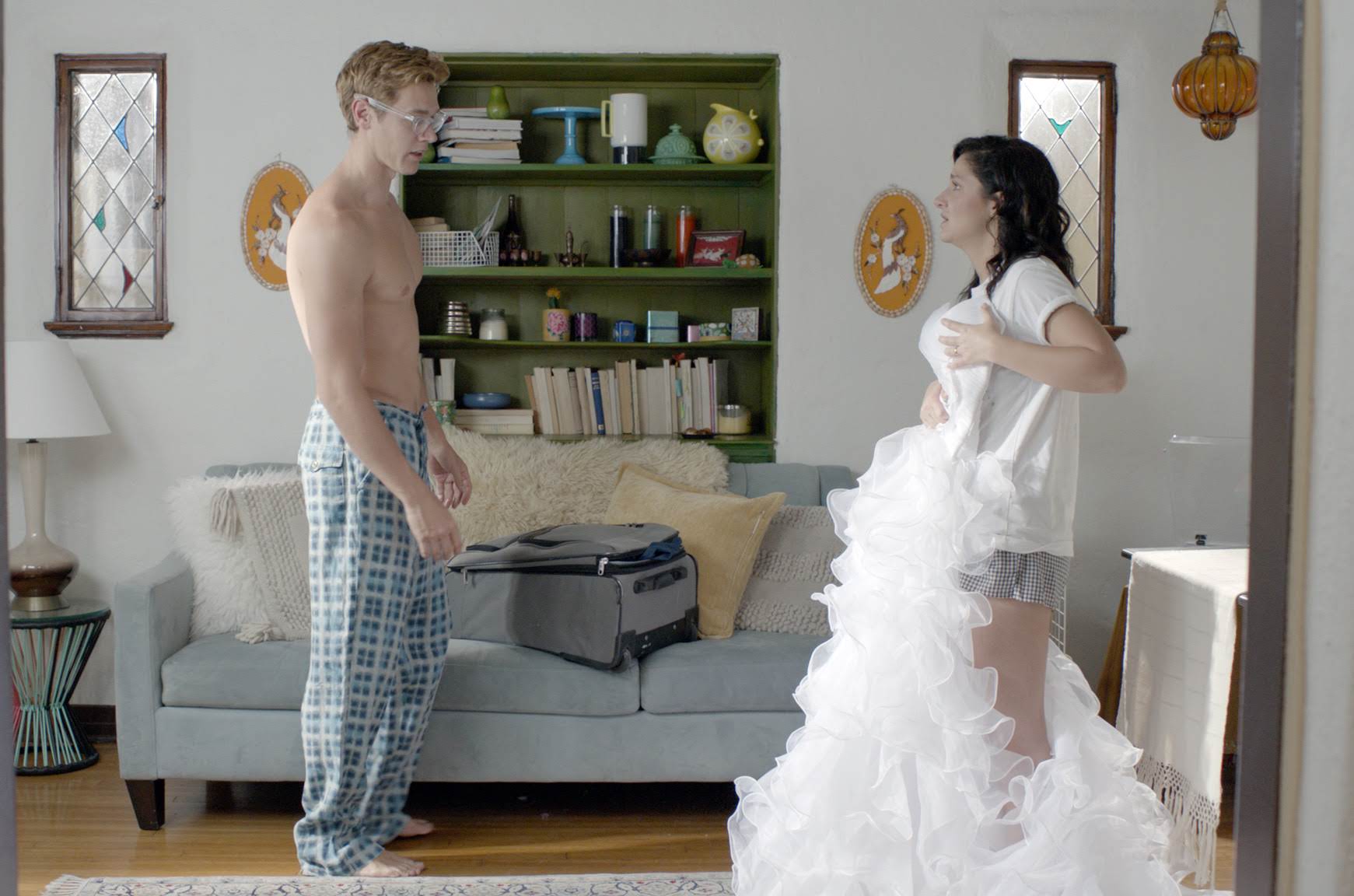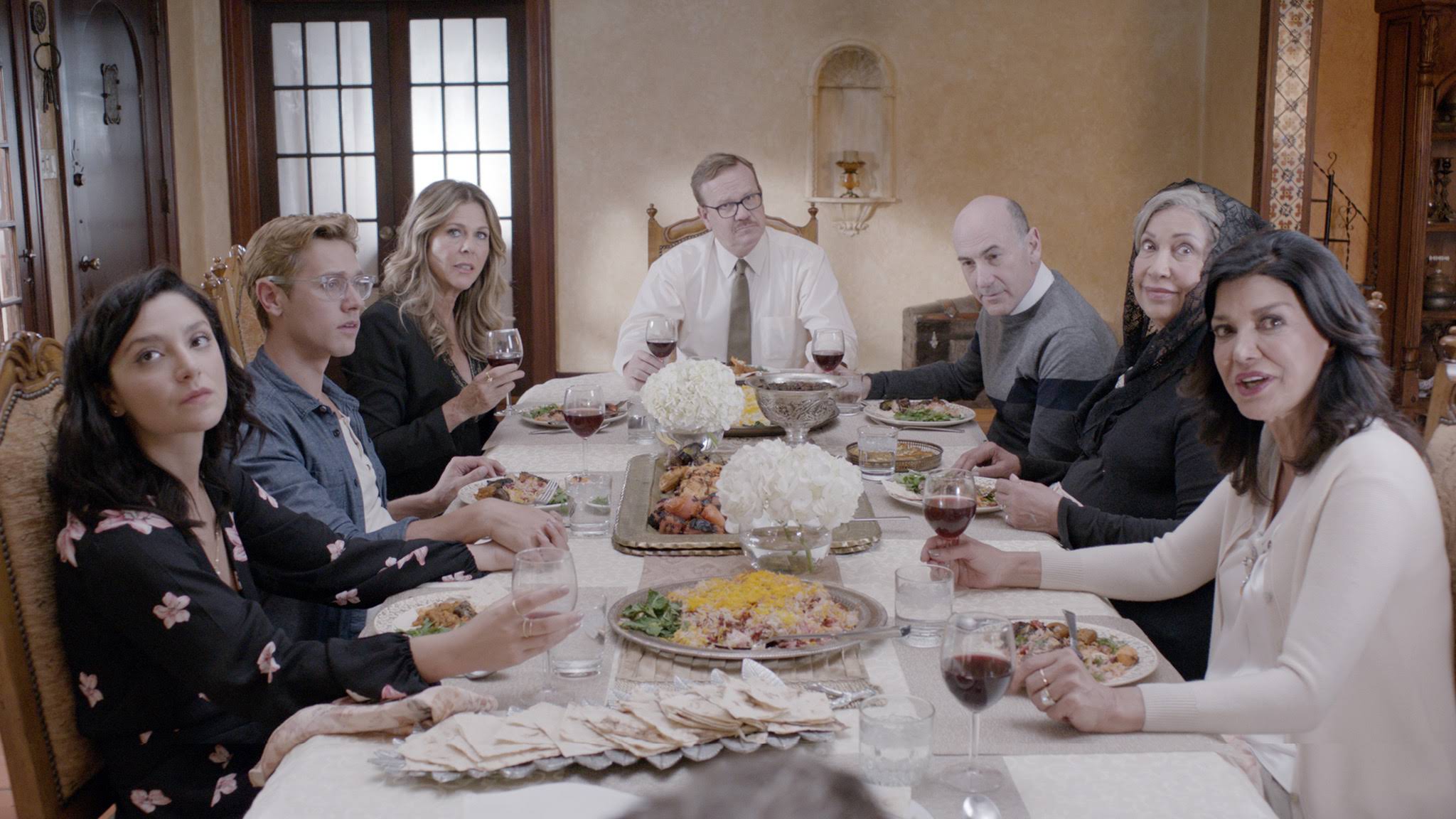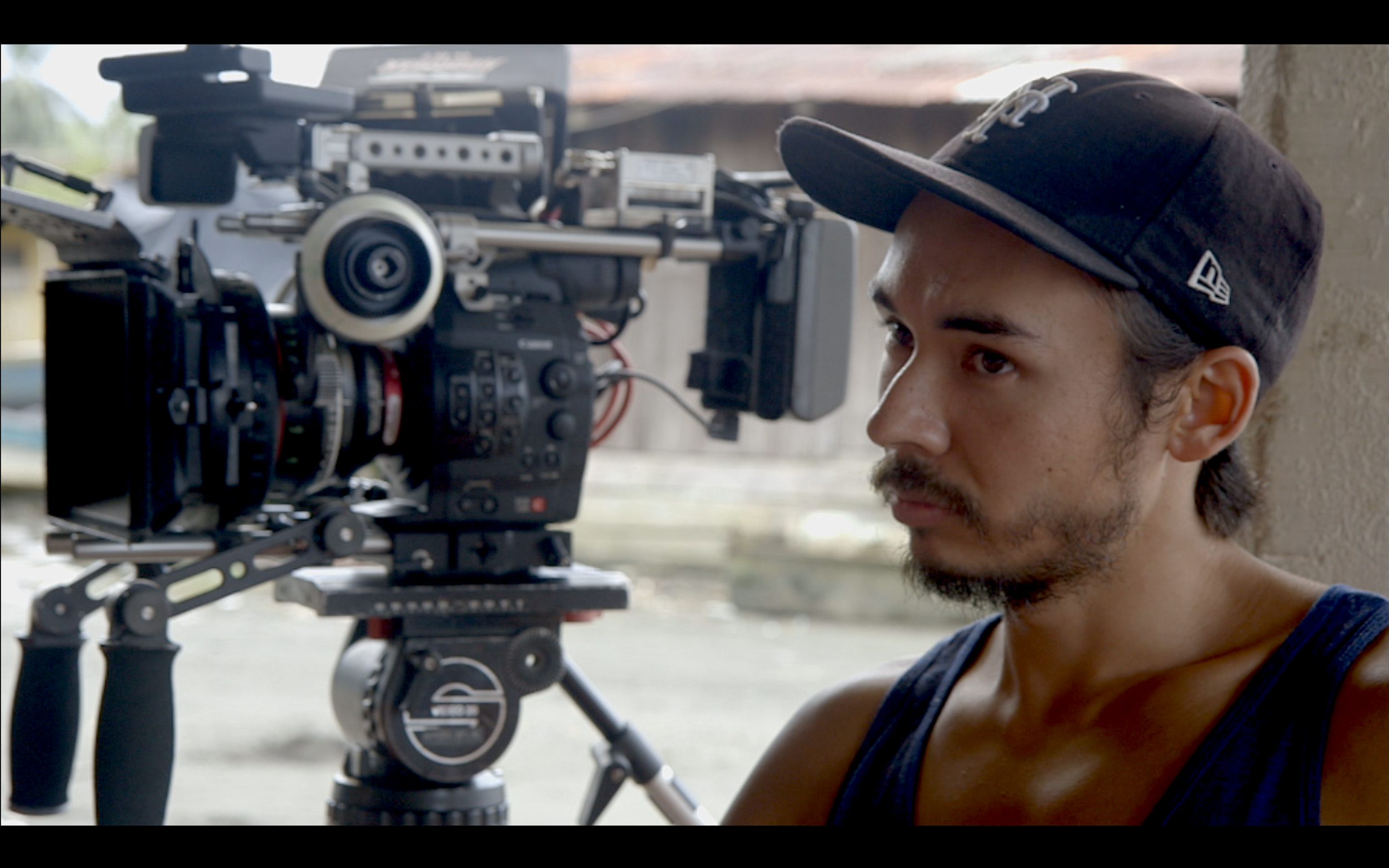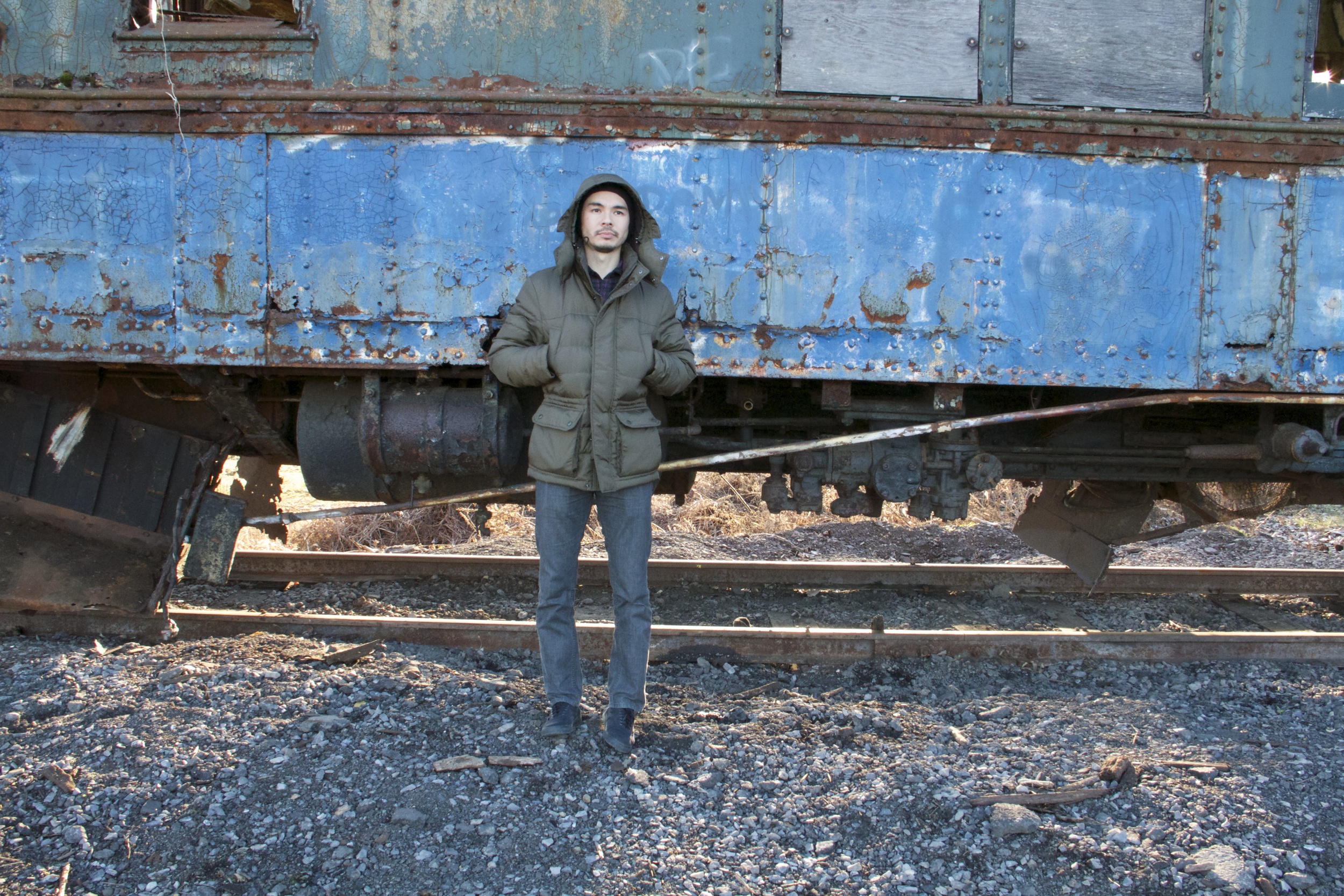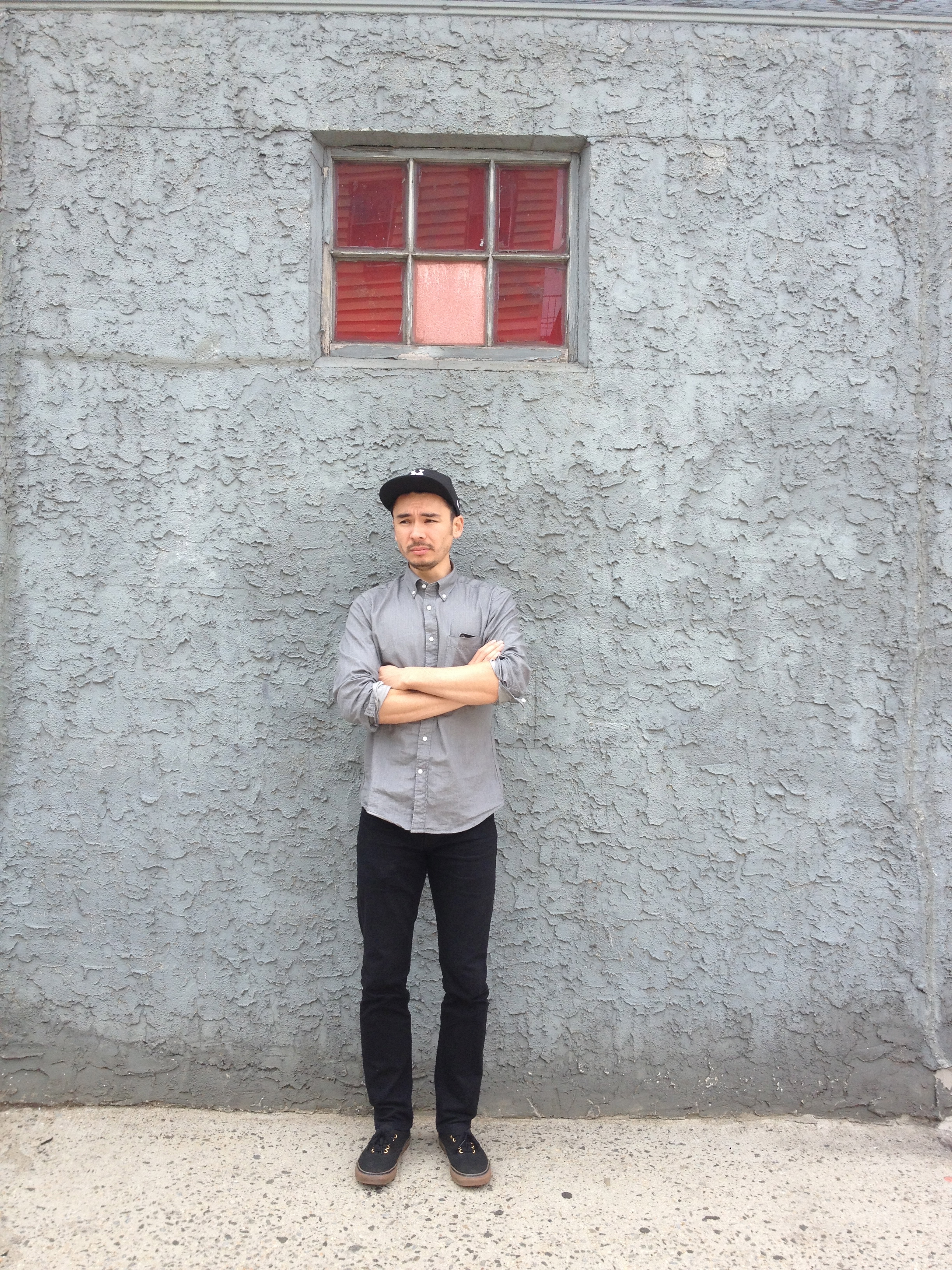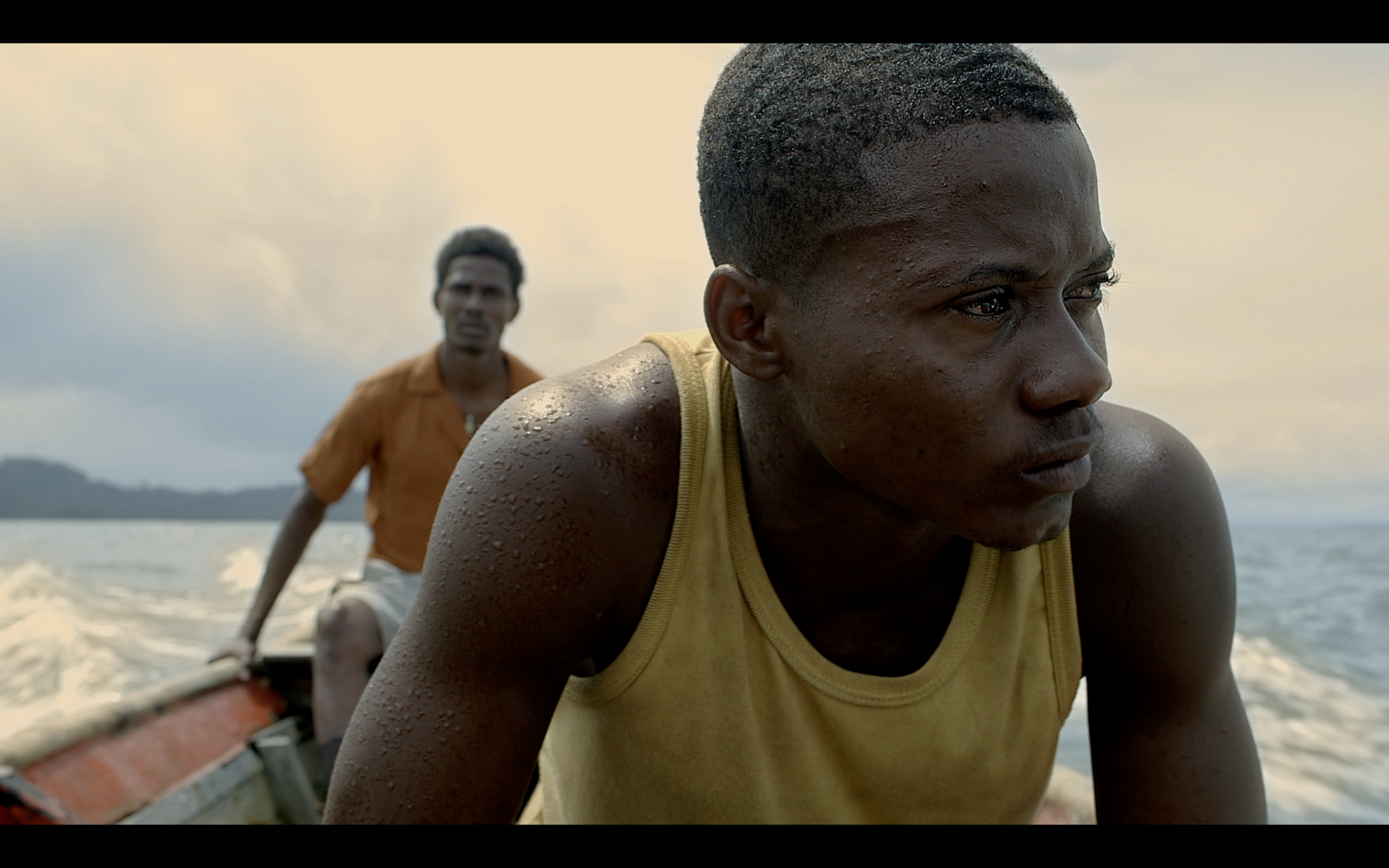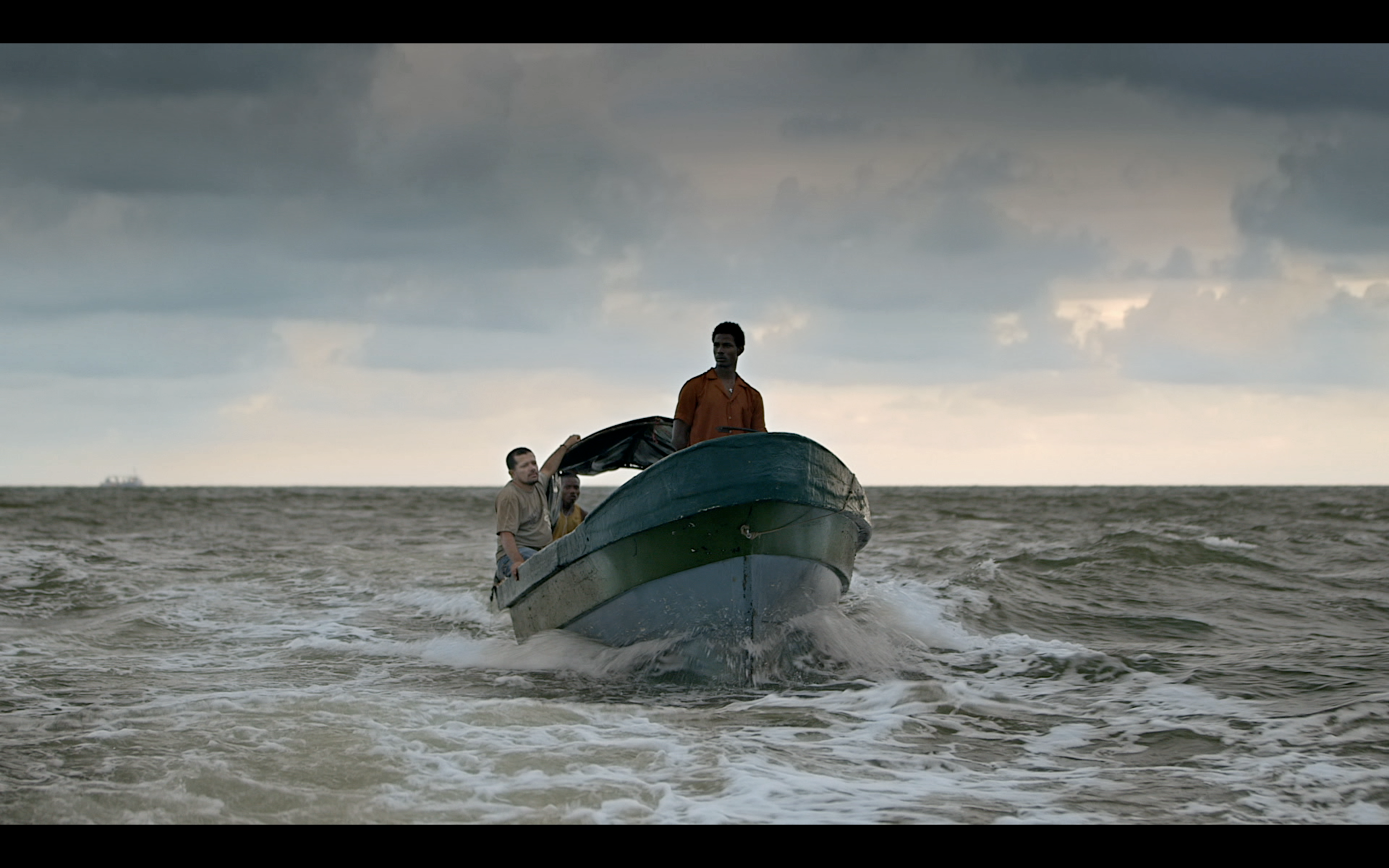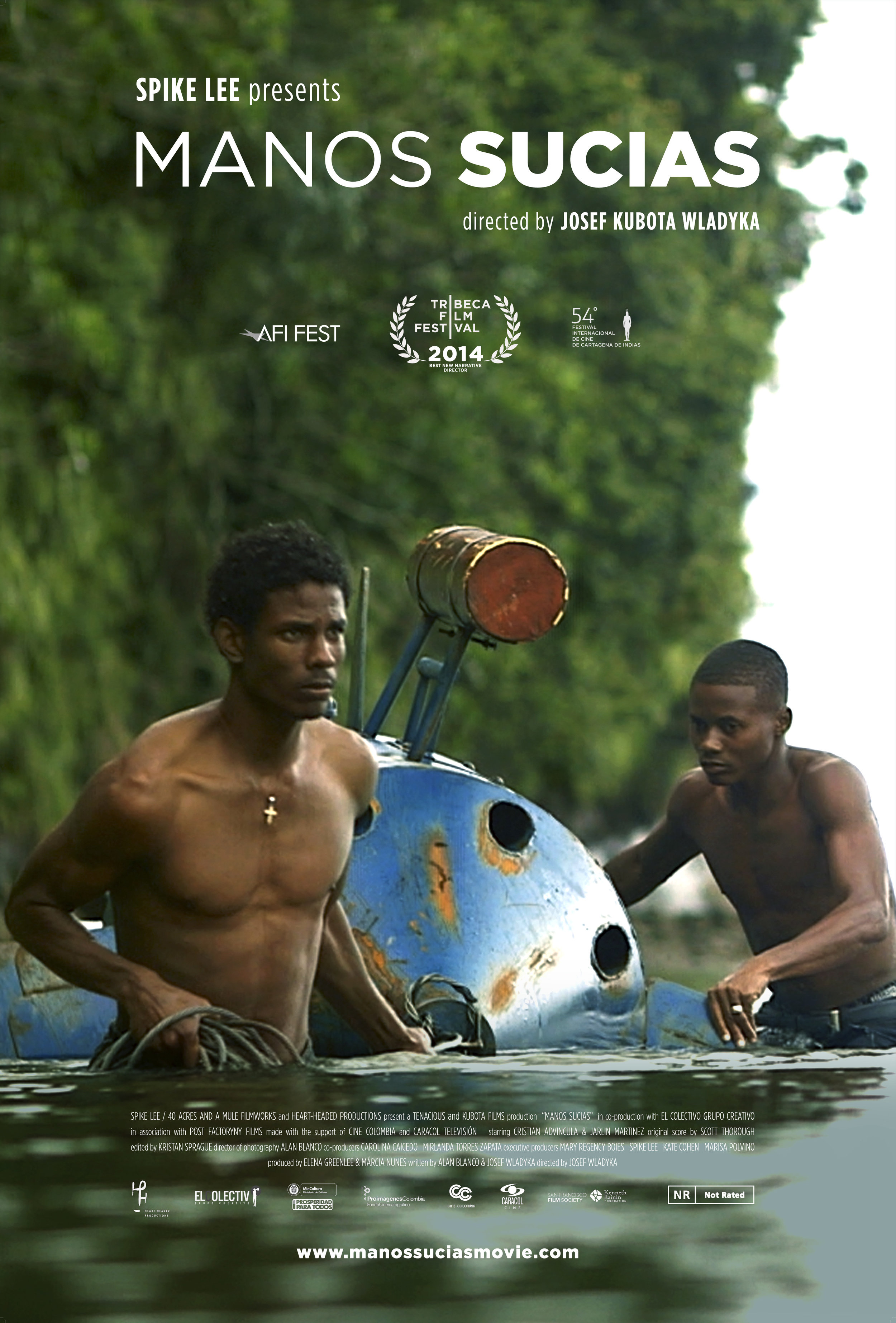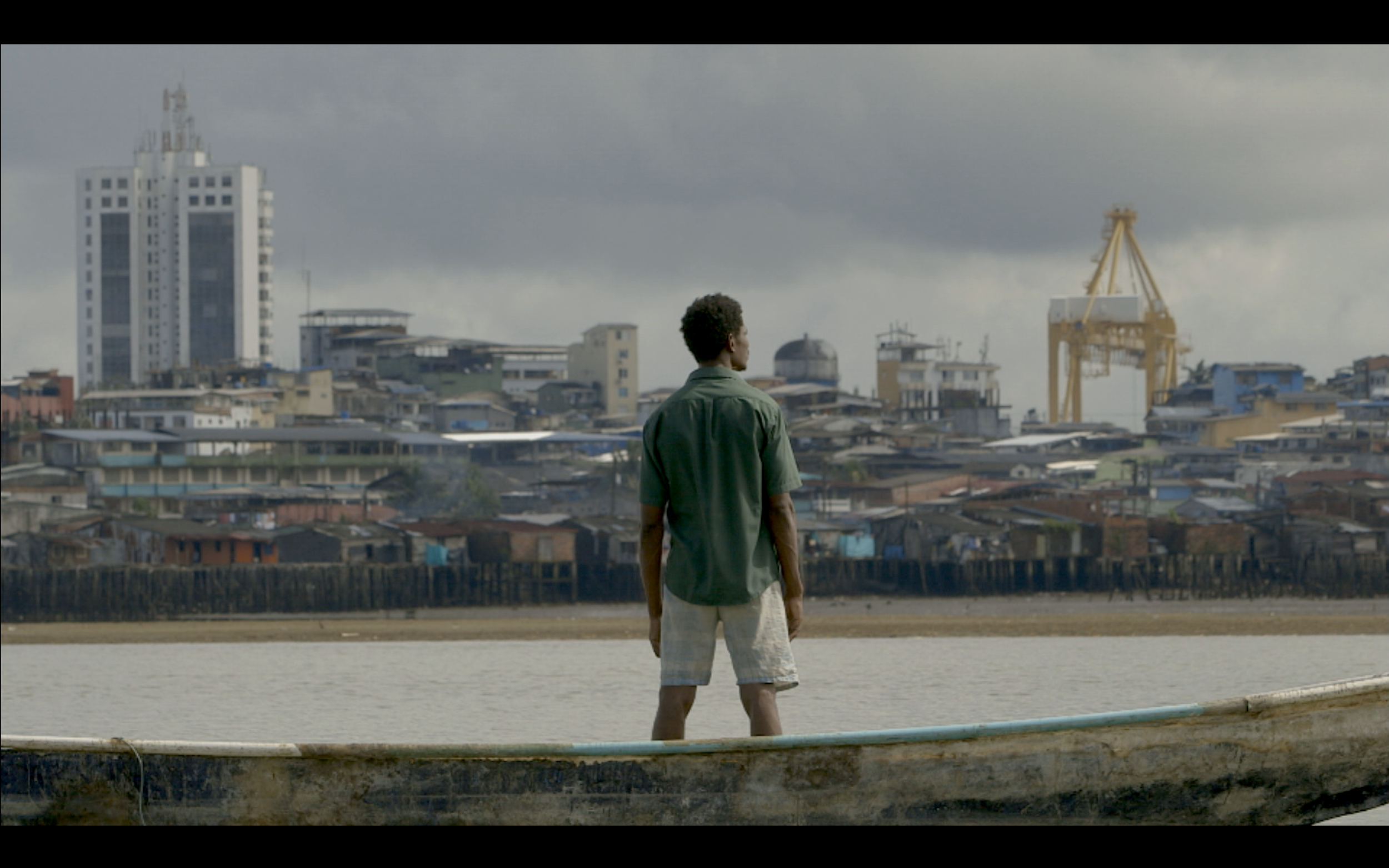SIMPLE WEDDING starring RITA WILSON, had it’s world premiere at Los Angeles Film Festival this year. It’s a romantic comedy about a young Iranian-American woman and the lengths she goes to in order to appease her parents and their need to see her settled down.
We had a chat with the co-writer and director of the film, Sara Zandieh. Here are the excerpts.
- What was the most challenging and most rewarding part of making this film?
Working with a limited budget is a huge challenge so when you overcome it, it’s rewarding. It forces you to be crafty and economical in how you execute the story. I worked hard to create a strategy with my shot choices and directing technique that would be compliant with our production and 20 day shoot. Since I couldn’t have all the jibs and cranes that I wanted, nor copious days to shoot, I designed a “simple” approach to the film language of SIMPLE WEDDING. The scenes in Nousha’s world—her apartment, her time with friends—are all handheld because her world is more “free.” The scenes with her family, we shot all on sticks to create a more formal shot language to speak to her parent’s world and contrast with hers. The shot language then changes again after one pivotal scene (I won’t give it away, spoiler alert!) I also tried to focus on my actors—one of my film’s greatest assets— to ensure we got the best possible performance for each character. These simple strategies made story and production work with our budget. Bringing my story alive within these constraints was one of my most satisfying accomplishments as a director. It was like solving an epic puzzle.
- What was the casting process for the film like? How did you find Rita and what was that experience like?
SIMPLE WEDDING is a mash up of the rom-com genre and the family comedy. I knew that I needed a great ensemble cast to pull off the familial world of SIMPLE WEDDING. This is the type of script that is all about character, character, character. I had Rita Wilson in mind for the role of Maggie from an early stage of writing. I had seen her most recent work on Lena Dunham’s GIRLS where she played a colorful mom character. My great casting director, Meghan Lennox, also suggested Rita. Given that the movie is both a multi-cultural story and a female story, it seemed like something in her wheel house and when she read the script, she liked it. In our initial conversation we clicked on so many levels. We both had multicultural upbringings and big ethnic families. We talked about how we had a similar experience in high school. We just connected on a heart and soul level and I think that’s what made the experience of making the film so magical. It was a heart and soul effort with so many wonderful, kind-hearted people. Rita is generous, good-natured, smart, talented, and spirited. She is truly a “model citizen.” I loved working with her everyday. It was such a joy. Rita also connected me to Shohreh Aghdashloo who I always dreamed would play Nousha’s mother, and then what was just as incredible was that Shohreh pulled in her husband, Houshang Touzie who I always hoped would play Nousha’s father. I knew this particular combination would be special for the Iranian audiences because they haven't been on screen together as a husband/wife couple for a long time. My entire cast Tara Grammy, Christopher O’Shea, Maz Jobrani, Peter Mackenzie, James Eckhouse, Rebecca Henderson, Aleque Reid, Angela Gibbs, RJ Hatanaka, Keon Alexander, were the best. We turned into a real family on set.
- How was your experience at LAFF?
It was fantastic. The film independent family and everyone at LAFF were super supportive, positive and professional. I really appreciate that they were willing to support my film and by extension my interest in making commercially viable films with diverse characters and storylines. They showed a wide array of films, great documentary films, fresh voices, and had great panels as well. We also had an amazing red-carpet premiere where Rita and her husband Tom Hanks attended. My entire family was there and sharing the moment with everyone I love felt amazing. Tom was so generous with my family. I think everyone posted a selfie with him on social media the next day. It was a special and lovely night.
- What's next for you?
I would love to direct a studio comedy. If someone were to give me the “golden keys”, I know I could revamp a studio script so that it played with lovable, three dimensional characters, and a compelling “heart and soul” story. In the meantime, I’m developing my own pilot about a mother/daughter breaking bad and a new feature film comedy about a female con-artist. Both are comedies with drama.
-What are your favorite romantic comedies and favorite filmmakers that inspire you?
My favorite romantic comedies are “The Apartment”, “When Harry Met Sally”, and “Annie Hall.” I also love the silent era comedy filmmakers like Buster Keaton, Charlie Chaplin, Harold Llyod. It’s hard to name my absolute favorite filmmakers, there are too many to name, but I can think of a few that have been particularly helpful in the last few months. Alexander Payne for his satirical wit and complex, tragicomic characters. Mike Nichols for his ability to work across a wide range of genres and for his skillful direction to get the best out of his actors. He’s an actor’s director and I aspire to be the same.
-What's your message to other aspiring filmmakers and storytellers?
It takes years to get something across the finish. Choose a story that you are passionate about so that you can take it all the way. Love your characters, know what you are saying and why it's important. And most of all, don’t give up! Making an independent feature film is like pushing a truck up a mountain. There’s no question it’s hard and it might seem impossible, but if you take it one day at a time you’ll find a way!
—————
You can listen below for the full interview with Sara Zandieh.


